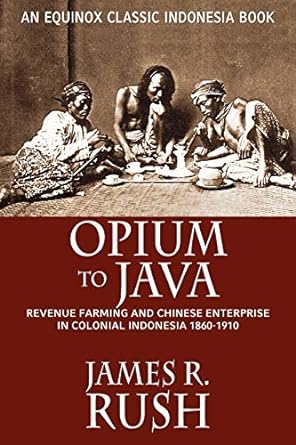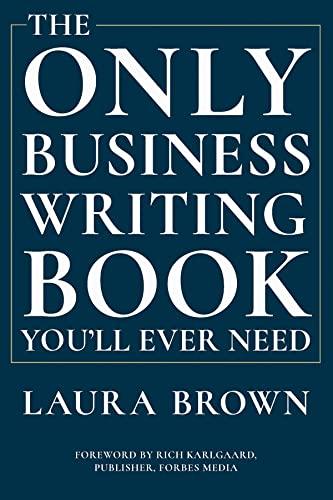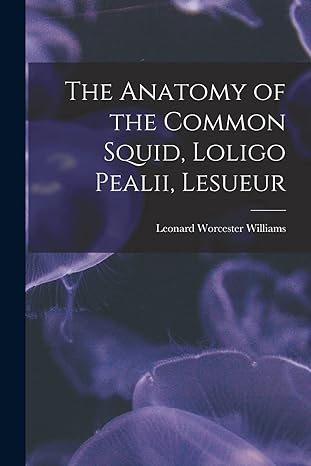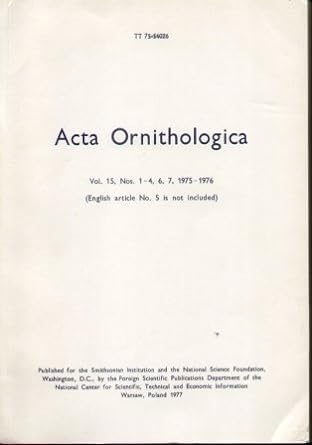Go back


Opium To Java Revenue Farming And Chinese Enterprise In Colonial Indonesia 1860-1910(1st Edition)
Authors:
James R. Rush

Cover Type:Hardcover
Condition:Used
In Stock
Include with your book
Free shipping: April 04, 2024Popular items with books
Access to 3 Million+ solutions
Free ✝
Ask 10 Questions from expert
200,000+ Expert answers
✝ 7 days-trial
Total Price:
$0
List Price: $62.00
Savings: $62(100%)
Book details
ISBN: 9793780495, 978-9793780498
Book publisher: Equinox Publishing
Get your hands on the best-selling book Opium To Java Revenue Farming And Chinese Enterprise In Colonial Indonesia 1860-1910 1st Edition for free. Feed your curiosity and let your imagination soar with the best stories coming out to you without hefty price tags. Browse SolutionInn to discover a treasure trove of fiction and non-fiction books where every page leads the reader to an undiscovered world. Start your literary adventure right away and also enjoy free shipping of these complimentary books to your door.








